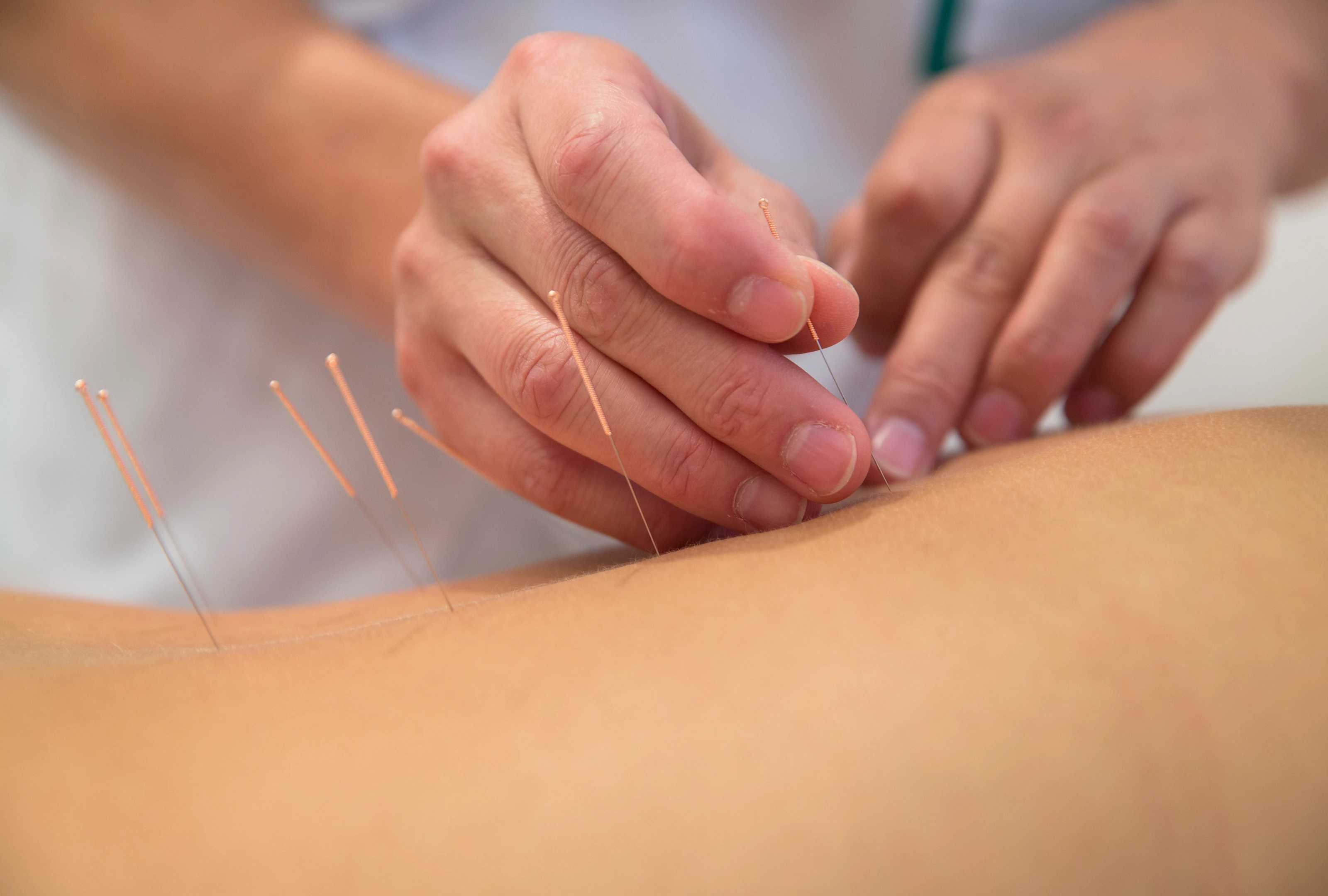
What is Acupuncture, and how does it work?
Acupuncture is the gentle insertion of very fine needles at specific points on the body. This process stimulates the movement of energy within the body, allowing the natural healing processes to take place.
Eastern Medicine
Acupuncture along with Chinese medical botanicals, and Massage are integral parts of Eastern medicine. Eastern medicine is holistic and treats the body as a whole rather than treating the symptoms. Energy called Qi, the body’s vital energies, circulate in the channels throughout the body and over its surfaces. These channels are rivers of energy, which can also be referred to as meridians. The Chinese have mapped out and identified 71 channels in the human body. These are a series of interconnected pathways. Each of the major organs in the body is associated with its own channel system. Through this network of channels, the internal organs are connected to certain areas of the body including the muscles, bones, joints, and other organs.
Acupuncture Points
Along these pathways are acupuncture points, which are locations that possess a specific action on the body’s vital energy. Acupuncture points are specific points along the channels where the Qi is both concentrated and accessible. Acupuncture engages the Qi by inserting needles at these specific points, the goal being to restore the proper flow of energy.
Restoring Balance
A skilled practitioner can utilize these points in different combinations to restore balance to stimulate and regulate the body’s natural healing and energy systems. The practitioner inserts sterile, disposable, and very thin acupuncture needles and their insertion is virtually painless. Sometimes it feels like a quick pinch that rapidly subsides. You may feel a heaviness or fullness or pressure at the points, or a spreading of warmth, as if something is flowing. The treatment is usually very relaxing. Many patients nap or rest and afterward you can expect to feel more energy, less pain or stress, and a heightened sense of well-being.
Supporting Related Articles:
Acupuncture Provides True Pain Relief in Study
What health conditions do we treat with acupuncture?
Clinical studies show that Chinese Medicine and Acupuncture can successfully treat many conditions. It is effective in treating chronic pain, including low back pain, headaches, and depression to name a few. Below is a small selection of the wide variety of conditions Chinese Medicine can treat:
- Allergies
- Autoimmune disorders
- Asthma
- Anxiety
- Bronchitis
- Carpal Tunnel Syndrome
- Crohn’s Disease
- Constipation/Diarrhea
- Degenerative Diseases
- Depression
- Digestive Issues
- Eczema/Skin Disorders
- Fertility Issues
- Fibromyalgia/Chronic Fatigue
- Flu/Common Cold
- Gynecological Disorders
- Hypertension
- Irregular periods
- Irritable Bowel Syndrome
- Low back pain
- Migraines/Headaches
- Menopausal symptoms
- Menstrual Cramps/Pain/PMS
- Neurological Conditions
- Osteoarthritis
- Stroke Rehabilitation
- Sciatic Pain
- Sleep disorders/Insomnia
- Tendonitis
- Tennis Elbow
- Tension Headaches
- Urinary Problems
